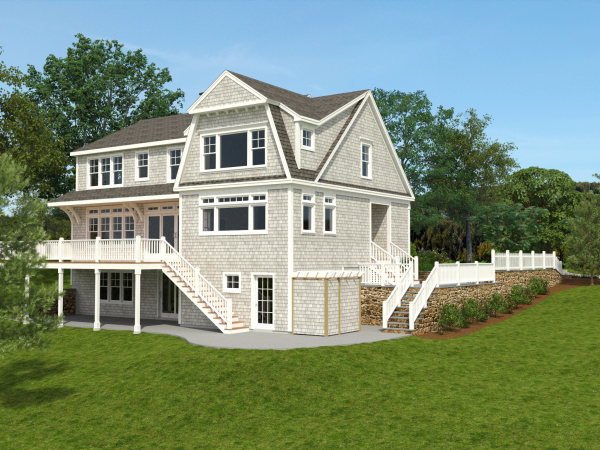Discover the latest market insights and trends shaping the future of single family homes.
The Current State of Single Family Housing Market
The current state of the single family housing market is an important factor to consider when examining its future. As of now, the demand for single family homes remains strong, with many people preferring the privacy and space that these homes provide. However, the market is also experiencing challenges such as rising home prices and limited inventory. This has led to increased competition among buyers and a sellers' market in many areas, particularly here on Cape Cod.
Additionally, the COVID-19 pandemic has had a significant impact on the single family housing market. With remote work becoming more prevalent, many people are reevaluating their living situations and looking to invest in homes that offer more space for home offices and outdoor activities. This shift in lifestyle preferences has further fueled the demand for single family homes in suburban locations further from city centers.
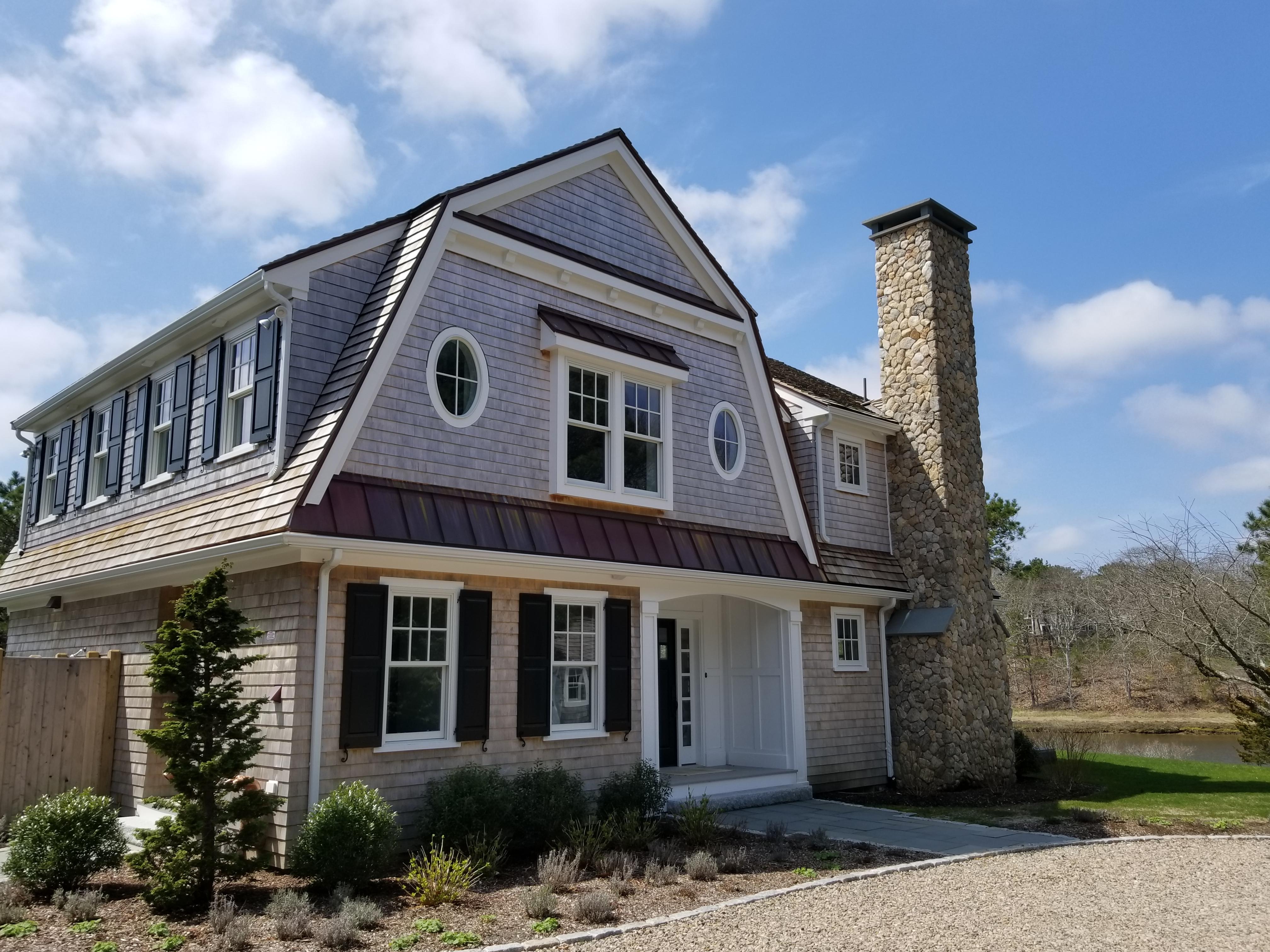
Factors Influencing the Future of Single Family Homes
Several factors are expected to influence the future of single family homes. One of the key factors is demographic changes, such as the aging population and the rise of millennial homeownership. As the baby boomer generation retires, there will be a greater demand for smaller, more accessible single family homes that cater to their changing needs. On the other hand, millennials are entering the housing market in larger numbers and are expected to drive demand for single family homes in the coming years.
Another factor is affordability. With home prices on the rise, affordability becomes a major concern for many potential homebuyers. This could lead to a shift towards smaller, more affordable single family homes or a rise in alternative housing options such as townhouses, duplexes and accessory dwelling units (ADU) within established single family neighborhoods. Many towns on the Cape have recently adopted zoning regulations allowing ADUs on properties that meet a certain criteria.
Environmental sustainability is also becoming an important factor in the future of single family homes. As awareness about climate change and fossil fuel energy consumption, there is a growing demand for eco-friendly homes that are energy-efficient and utilize sustainable materials and renewable energy. This trend is expected to influence the design and construction of single family homes in the future. New building regulations have substantially increased the energy efficiency requirements for new homes and major renovations in most towns in Massachusetts. These new regulations, sounding simple on the surface, are adding thousands and thousands of dollars to construction projects, thus amplifying the strain of building affordable housing.
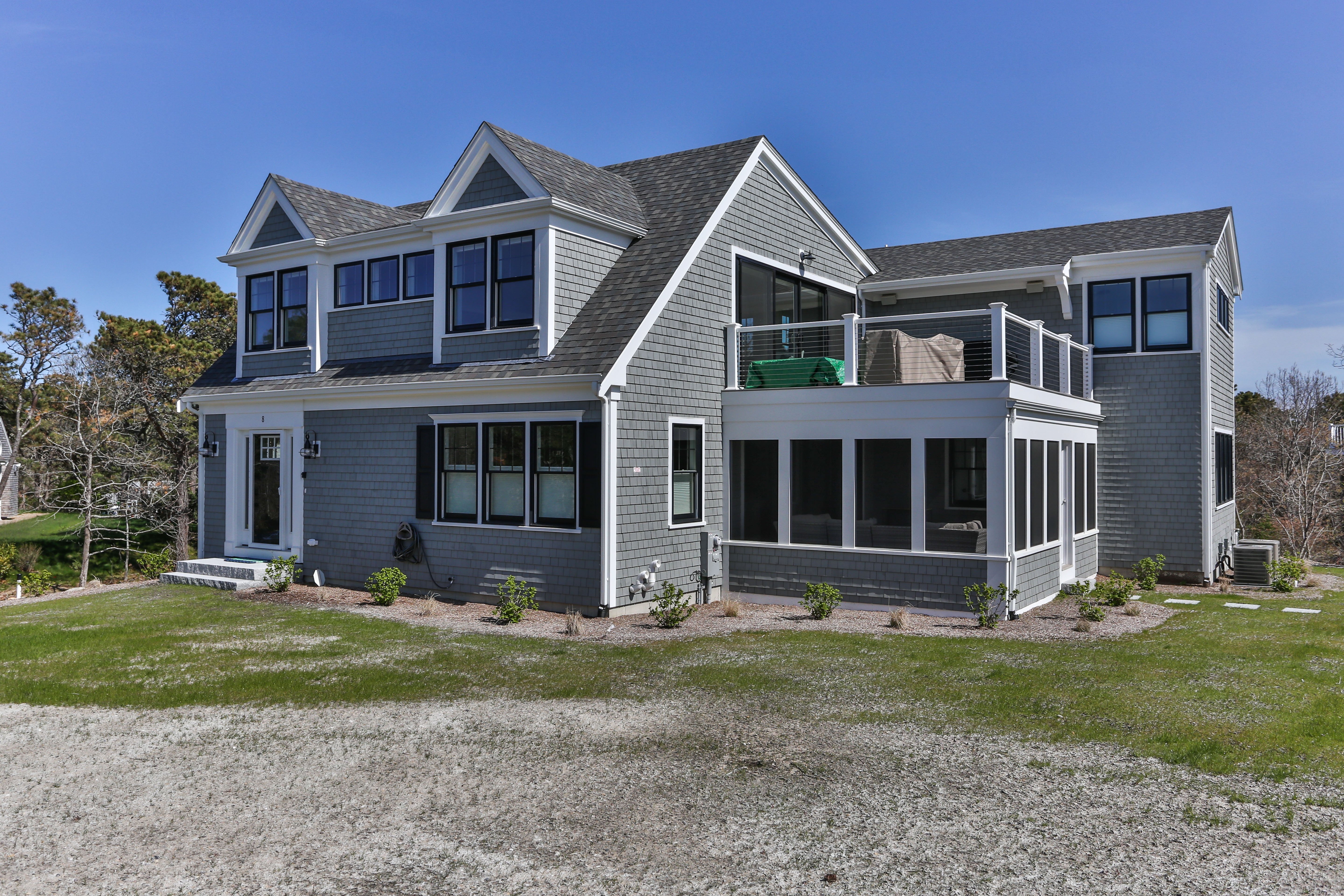
Predictions and Projections for the Future of Affordable Single Family Housing
The future of new affordable single family housing is concerning, with several predictions and projections indicating slow growth in the area. It is expected that the demand for single family homes will remain strong, driven by demographic changes, lifestyle preferences, and the desire for homeownership.
However, there are challenges to address, such as affordability and environmental consciousness . The industry will see a shift towards smaller, more energy efficient single family homes and an increased focus on eco-friendly design and construction practices as well as eliminating the use of fossil fuels.
Overall, the future of single family homes is likely to be shaped by a combination of market forces, technological advancements, and changing societal needs. By staying informed about the latest trends and developments, homeowners and industry professionals can make informed decisions and adapt to the evolving landscape of single family housing.
If you are considering renovating your existing Cape Cod Home, or building a new Custom Home on Cape Cod, click here to download our latest Cape Cod Construction Cost Guide

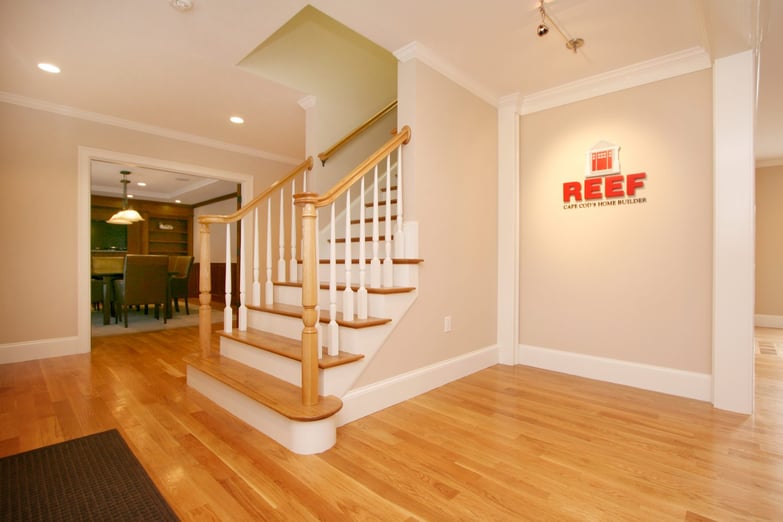
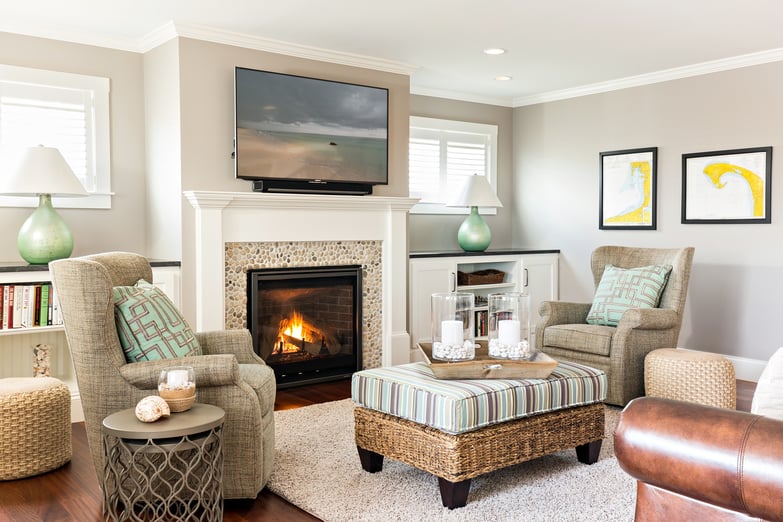
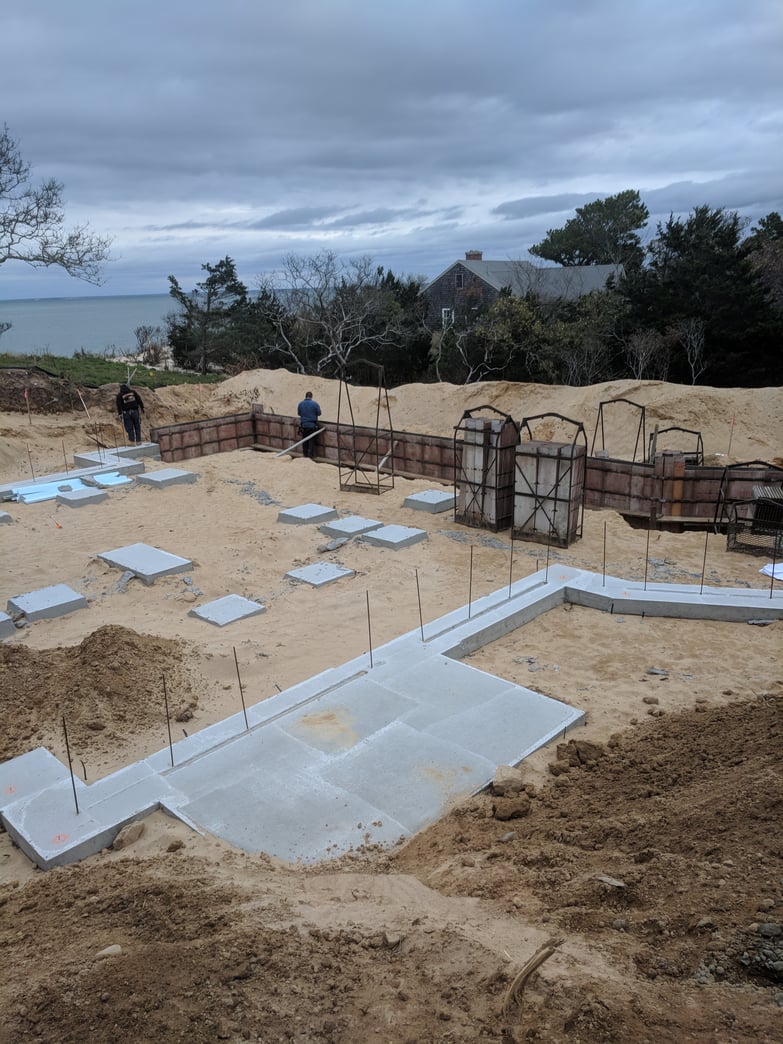


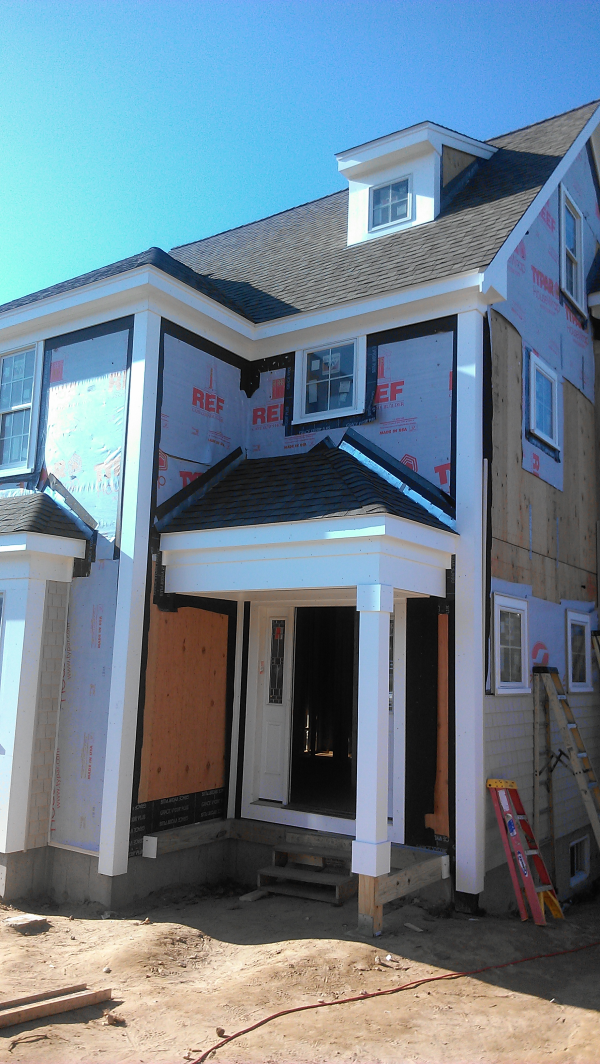-resized-600.jpg)
